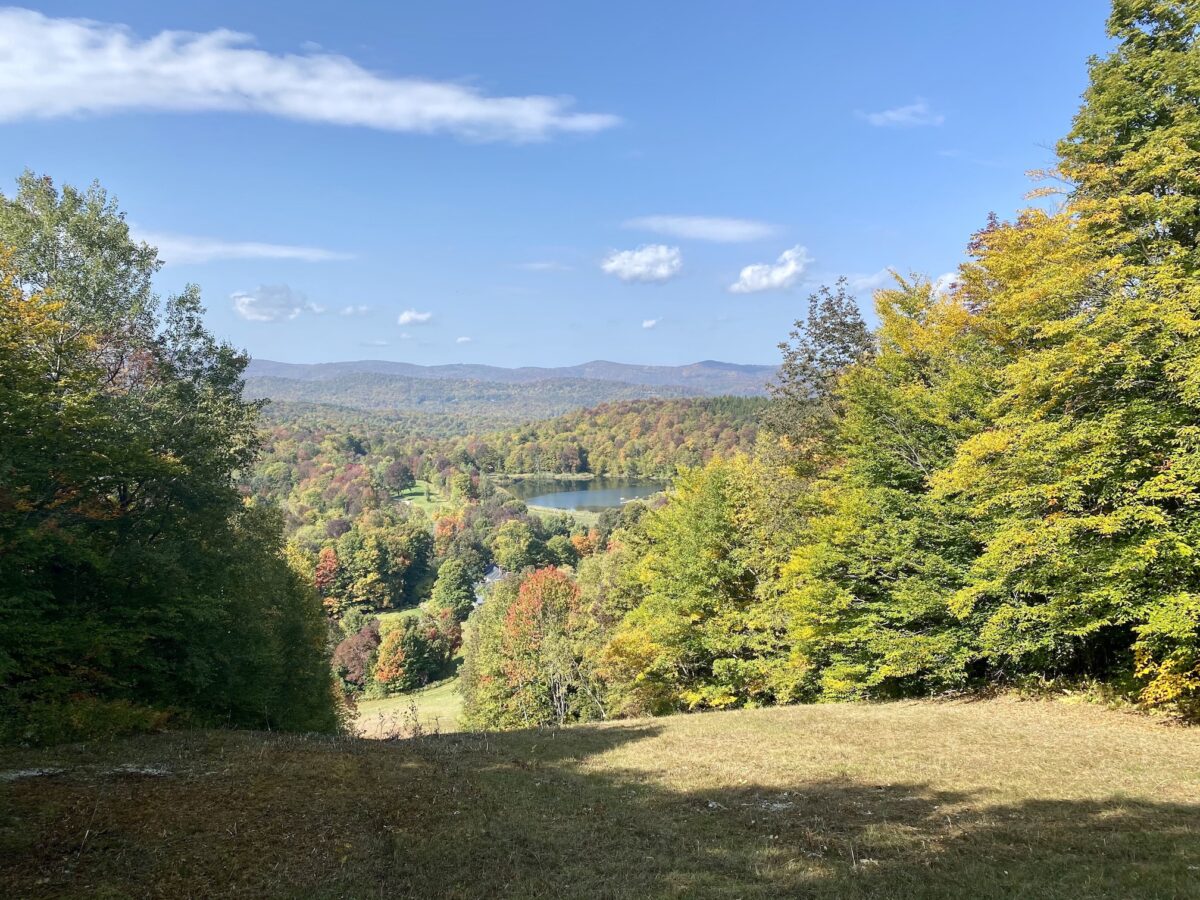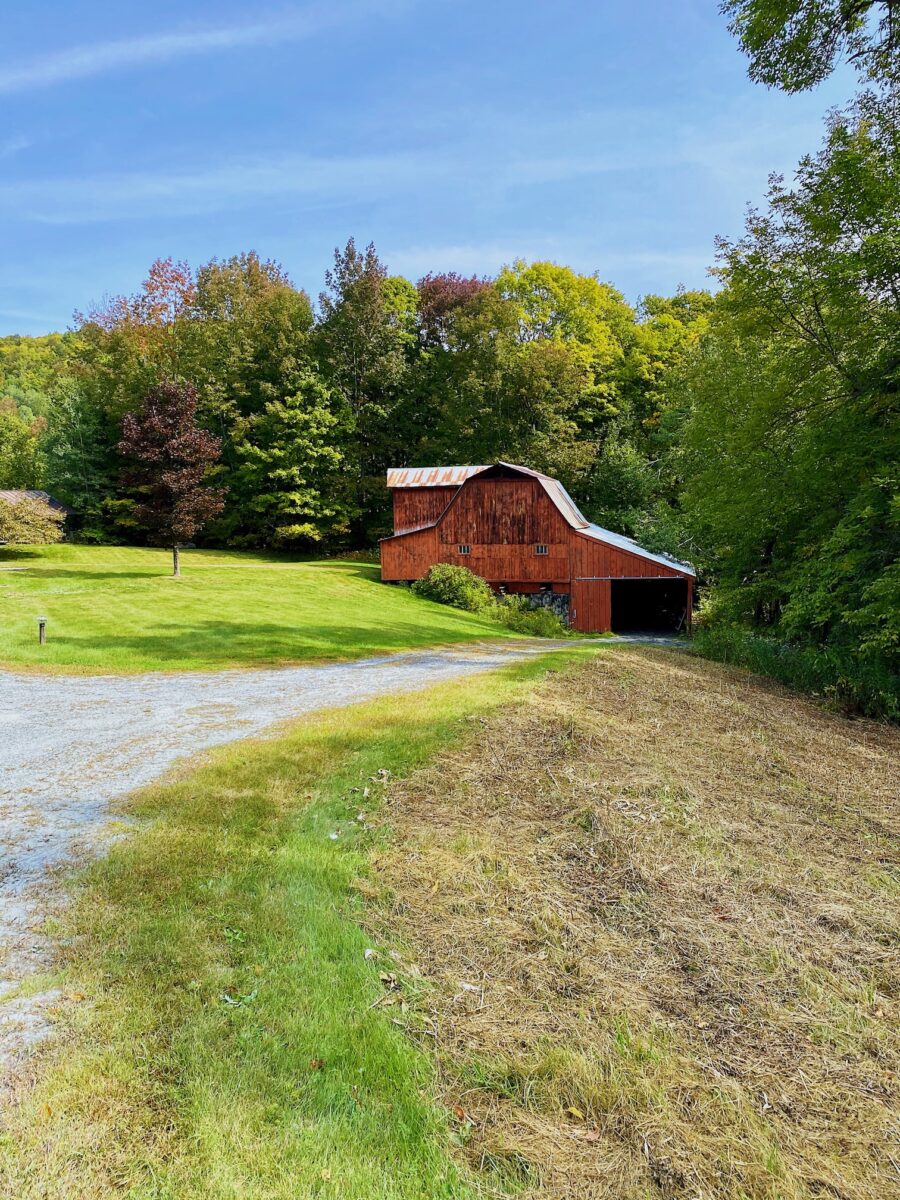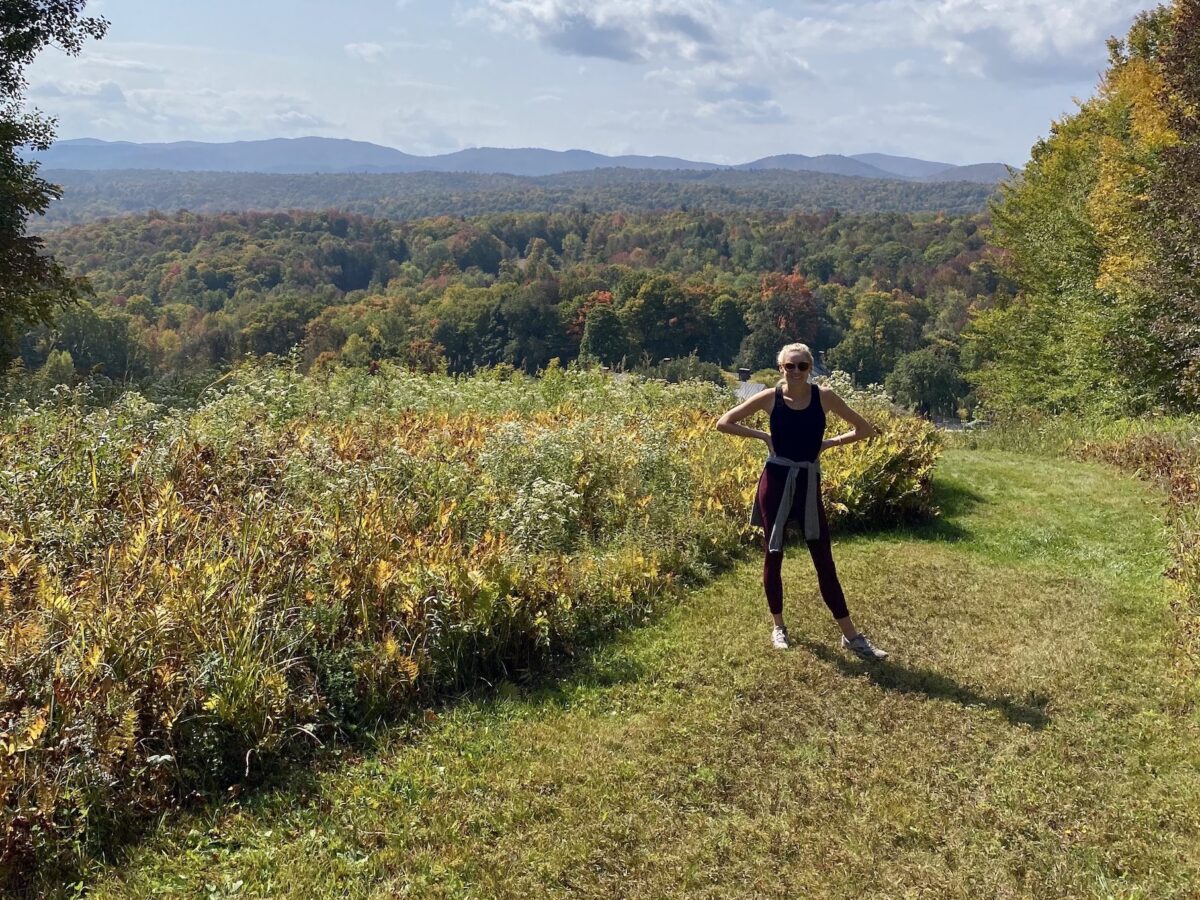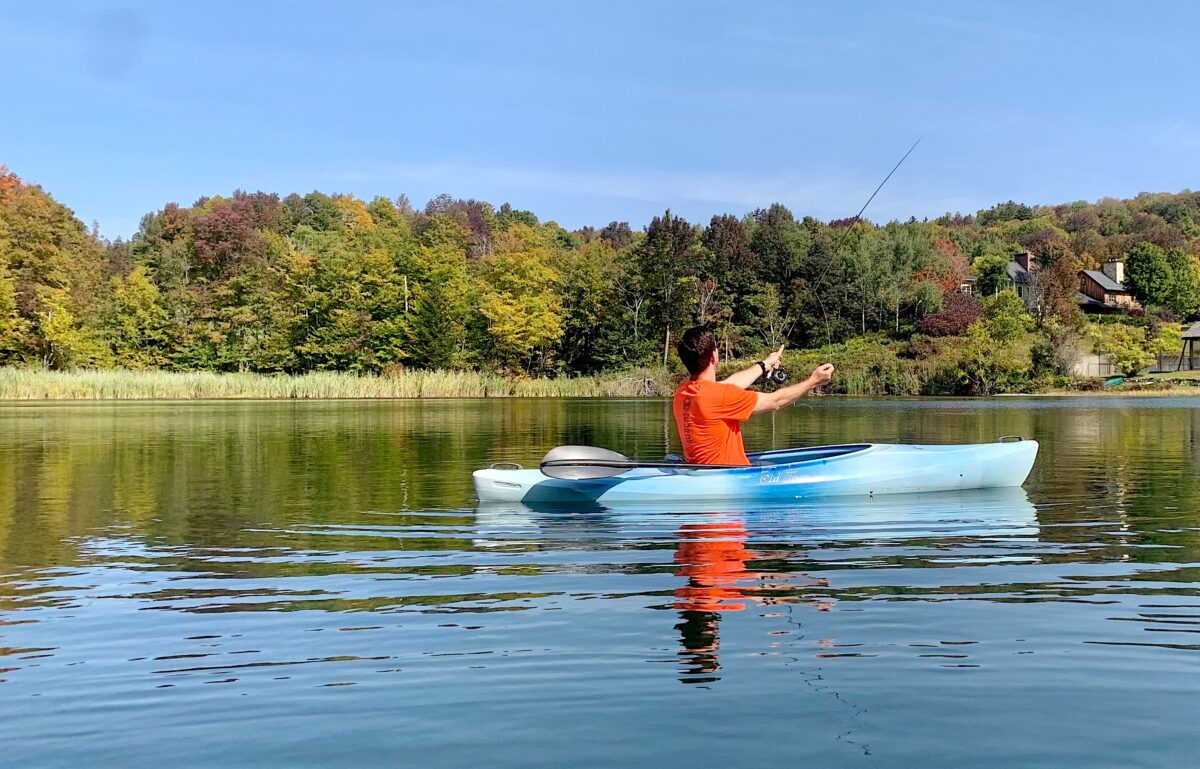A guide to celebrating newlywed life during the COVID-19 pandemic—even if it’s not the honeymoon you originally imagined.
So, you’ve just walked down the aisle or gone to the courthouse or exchanged vows on Zoom because that’s the world we live in these days. Now, your thoughts turn to the honeymoon.
Ah, the honeymoon. A period of time synonymous with romance and relaxation; a simple concept that has evolved over time into an elaborate vacation experience. It has even become a verb whereby people can ‘honeymoon’ or be ‘honeymooning.’ But what does a honeymoon look like in the midst of a pandemic? Perhaps not the way newlyweds initially imagined.
Before the world turned upside down, my now-husband and I had planned a two-week honeymoon to South Africa. It was our dream trip, and we were prepared to go all out because—well, it’s the honeymoon! Plans changed, of course: We still got married in September, but given the pandemic, an international trip was obviously not going to happen. After a day or two of wallowing, we considered our options and decided there was no reason why we couldn’t still honeymoon. Soon, two weeks in South Africa became one week in Vermont—and it was still perfect.
You may have dreamed of a week in Bali or two weeks eating your way through Italy; maybe you wanted to safari in Kenya or roam through the Medina in Marrakech. I know I did. But just because life is different right now doesn’t mean you can’t still have a meaningful respite with your spouse.
Whatever alternative you choose, be sure to remember this: the honeymoon is a celebration of something much larger than the chance to go on a vacation. It’s a minor step on a much bigger journey. While there have been many disappointments over the past few months, don’t let this be one of them. Get creative, indulge, and enjoy!
1. Learn to Let Go
My initial instinct was to feel sorry for myself. All the planning we had done over the past six months, all the decisions that had been made, the deposits put down—it was all for naught.
But eventually, I realized that there was no point in wallowing. After all, the real goal of a honeymoon is to spend some time away with your new partner. That can be done pretty much anywhere. Shrug off your self-pity and keep your chin up. After all, you’ve just gotten to marry the love of your life! Take a deep breath, look at the bigger picture, and know that no matter what, the time after your wedding will be special.
How patience is a travel virtue that can be cultivated at home →
2. Do Your Research Before Heading Out
If you do decide to head out of town, picking your destination is just the first step. These days, there is a bit more due diligence required when it comes to travel of any kind. Be sure to look up the protocols for wherever you end up going. There may not be travel restrictions in your state, but that isn’t the case universally. Do you need a negative test before crossing state lines? Is there a testing center nearby? Will you be asked to quarantine? The CDC travel planner has the most up-to-date information about different cities and states across the country, as well as relevant COVID-19 resources for travelers.
Also just as important is thinking about how you will be getting to and from your final destination. Be mindful that travel of any kind increases the chance that you might contract or spread COVID-19. Because heavily trafficked spaces like airports and bus or train stations are higher points of exposure, it is safest to travel by car. If you don’t have a car, consider renting one or signing up for a car-sharing service such as Zipcar. If driving isn’t possible, be sure to take all necessary steps to protect yourself and others. We may think we know the latest protocols, but just like the virus, they change. Don’t assume it will all be fine. Come prepared.
How to prepare to travel during COVID-19 →
3. Think Local
We may be confident that we know the area where we live and its surrounding parts well. Sometimes, that’s true. Oftentimes, it’s not. After a deep dive on the internet, I realized there were dozens of inns and hotels less than three hours away from my home that were not only beautiful, but ideal for a socially-distanced vacation.
Is there a traditional hotel nearby that you want to stay in? What about rental homes? Glamping? Why not look into a few nights in a yurt? Take some time to explore the areas within driving distance. You will probably be surprised by the number of options at hand.
A guide to doing staycations the right way →
4. Get Creative
Don’t just stop at finding a bed for the night. Treat this adventure like any other trip. Make a general itinerary and think about some activities you’d like to do while you’re honeymooning. With our final destination three hours away by car, my husband and I decided to break up the drive with carefully planned stops along the way. We visited a farm stand and tried some freshly picked chili peppers, drove by my high school, and stopped for a meal at a delicious lunch spot we had found online. Once we got to Vermont, we planned activities that got us outside and kept us engaged, yet safe. Some good options include hiking, biking, fishing, and kayaking. If there aren’t many opportunities to get outside, bring things along like puzzles, board games, books, sketchbooks, or crafting materials to stay entertained.
9 creative ideas for staying connected with faraway loved ones →
5. Don’t Forget to Indulge
There are many pros to a simple honeymoon—the most obvious being that your wallet suffers less. You might not be staying at your dream resort in your dream locale, but that doesn’t mean you shouldn’t luxuriate. Not spending inordinately on exotic locations can give you more budget to splurge on other things like a bottle of wine you would never normally order or one of those elaborate meals that for some reason include flecks of gold. Don’t be afraid to indulge here and there—it’s your honeymoon, after all!
(Note: Here does not provide medical advice, diagnosis, or treatment. Any information published on this website or by this brand is not intended as a substitute for medical advice, and you should not take any action before consulting with a healthcare professional.)






